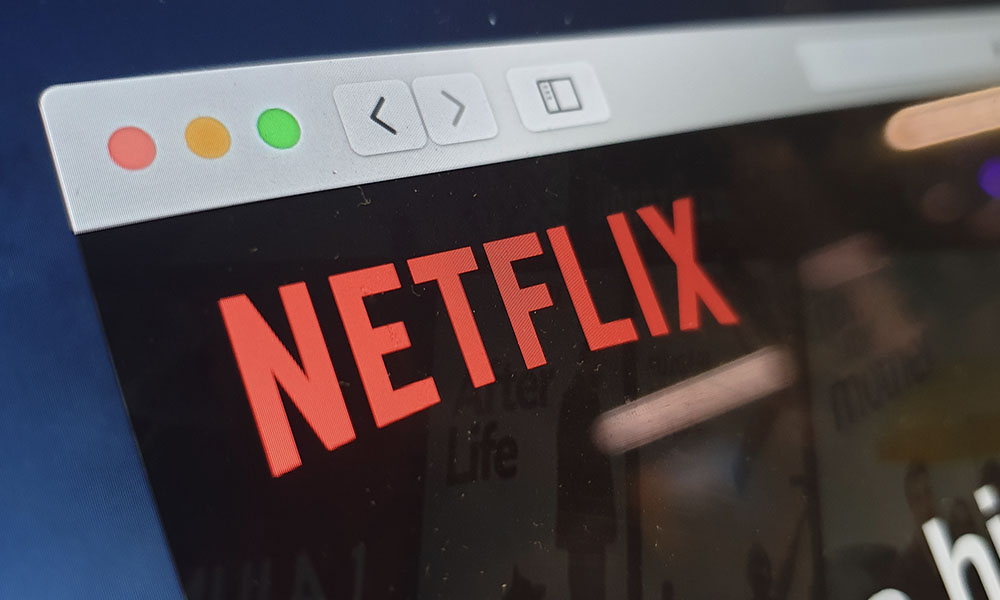Netflix’s Crackdown on Password Sharing Results in Record Sign-ups
 Credit: hzrth / Shutterstock
Credit: hzrth / Shutterstock
Toggle Dark Mode
Since cracking down on password sharing last month, Netflix has gained more new subscribers in a single four-day period than it did at the height of COVID-19 pandemic lockdowns.
That’s when Netflix set its last record for new sign-ups, according to data from streaming analytics company Antenna (via The Wall Street Journal / Apple News+). In the spring of 2020, Netflix saw a huge spike in subscribers as more people were being encouraged to “shelter in place” and found themselves at home looking for new sources of entertainment.
Of course, Netflix wasn’t as strict about password sharing in those days, and it’s likely just as many folks “borrowed” Netflix from friends or family members who were already subscribers.
In fact, it wasn’t until early 2021 that Netflix began seriously toying with the idea of cracking down on password sharing. At first, it seemed the streaming giant was planning on blocking this outright, but somewhere along the way, it realized it could turn this into a money-making opportunity by encouraging households to pay for “extra member” accounts instead.
It trialed this in a handful of South American countries before rolling it out in earnest earlier this year in Canada, New Zealand, Portugal, and Spain, and then finally bringing it to the US last month, along with about 100 other countries.
Only four days after that move, Netflix saw “nearly 100,000 daily sign-ups” over two days and an average of 73,000 sign-ups per day since that time. That’s a 102% increase from the prior 60-day average.
Antenna notes that there was also a corresponding increase in cancellations, presumably as some folks left Netflix due to no longer being able to share the expense or simply in protest. However, the number of sign-ups overshadowed the number of cancellations by a ratio of 25.6%.
Notably, these numbers represent sign-ups for entirely new Netflix services; they don’t appear to include the number of folks who paid for “extra member” accounts for friends or extended family members. In other words, many of these new subscriptions have resulted from password-sharers who decided to strike out on their own rather than legitimize their sharing of someone else’s account.
This isn’t all that surprising since an extra member account is an add-on that must be paid for by the primary account holder. That approach could make sense for an immediate family member living away from home, such as a college-aged student or elderly parent, but it’s less likely folks would want to foot the bill for an extended family member, friend, or co-worker.
Extra member accounts also aren’t exactly a great deal. They cost $7.99 per month and can only be added to a Standard or Premium Netflix plan. They get their own account and password with their own profile, but they’re limited to using one device at a time. By comparison, Netflix’s Standard with ads tier, which offers nearly all the features of the $15.49 Standard plan as long as you’re willing to put up with ads, costs only $6.99, or you can get an ad-free Netflix Basic plan for only $2 more — $9.99/month — with “HD” (720p) quality streaming and no ads.
It’s worth noting that Antenna’s data doesn’t come directly from Netflix; instead, the methodology uses raw transaction records such as “online purchase receipts, credit, debit and banking data, and bill-scrape data.” However, as The Wall Street Journal notes, its data doesn’t include subscriptions offered through bundles such as the higher-tier plans offered by T-Mobile, Verizon, and some cable providers.






